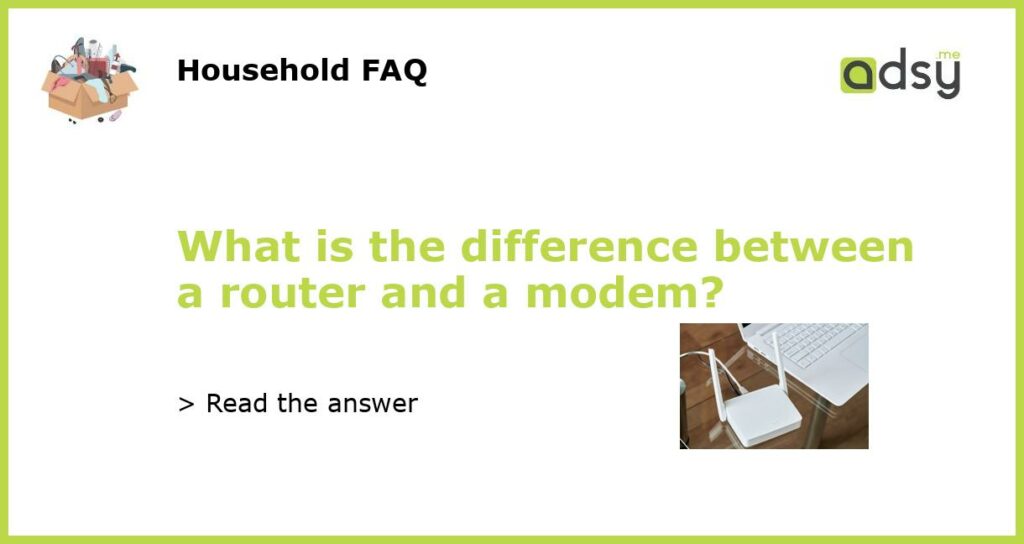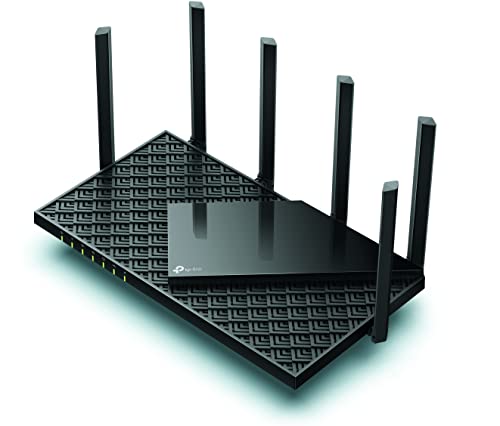Router vs Modem: Understanding the Difference
When it comes to networking devices, two popular terms that often come up are routers and modems. While they play crucial roles in connecting devices to the internet, many people mistakenly use the terms interchangeably. In reality, routers and modems are separate devices with distinct functionalities. Let’s explore the differences between routers and modems to better understand their roles in establishing internet connectivity.
What is a Modem?
A modem, short for “modulator-demodulator,” is a device that enables a computer or other devices to connect to the internet. It serves as the bridge between your local network (such as your home or office) and your internet service provider (ISP). The modem is responsible for converting the digital data from your computer into signals that can be transmitted over a telephone or cable line. At the other end, the modem will also demodulate the incoming signal from the ISP and convert it into digital data that your devices can understand.
Modems typically come in two types: cable modems and DSL modems. Cable modems connect to your ISP through a coaxial cable, which is the same cable used for cable television. DSL modems, on the other hand, connect to your ISP through a telephone line. The type of modem you need will depend on the type of internet connection available in your area.
What is a Router?
A router is a networking device that connects multiple devices within a local network and directs network traffic between them. It acts as a gateway between your local network and the internet. Unlike a modem, a router does not directly connect to the internet but relies on the modem to establish the connection.
One of the primary functions of a router is to route data packets between devices in your local network. When you send data from one device on your network to another, the router reads the data packet’s destination address and forwards it to the appropriate device. This process allows multiple devices to share the internet connection provided by the modem.
Router vs Modem: The Relationship
To establish an internet connection, you need both a modem and a router. The modem connects your network to your ISP and provides access to the internet, while the router manages the communication between the devices within your network. The modem and router often come as a single device, known as a modem-router combo or gateway. This all-in-one solution is commonly provided by ISPs to simplify setup for customers.
However, using a separate router and modem offers more flexibility and control over your network. It allows you to choose a router with better features and performance to meet your specific needs, and you can easily upgrade or replace either device individually if necessary.
In summary, a modem and a router serve different functions in establishing internet connectivity. The modem connects your local network to your ISP and converts signals between digital and analog formats, while the router manages the flow of data between devices within your network. Although they are often combined into a single device, using separate modem and router devices provides greater flexibility and control over your network setup.






